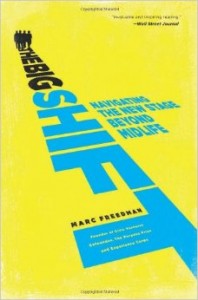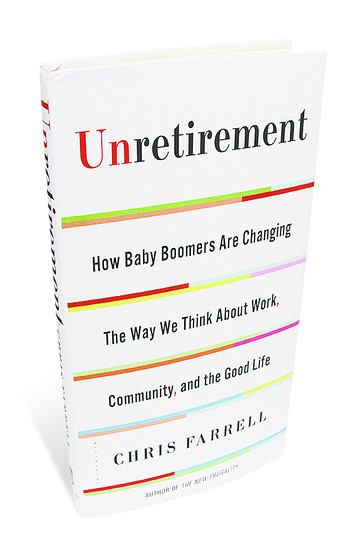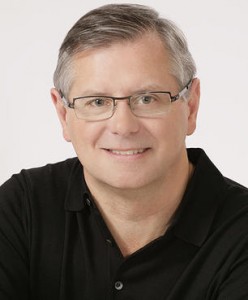If you’re intrigued by the kind of content we publish on the Hub, you should be fascinated by The Big Shift, a book published originally in 2011 by Marc Freedman.
The subtitle tells it all: Navigating the New Stage Beyond Midlife. Freedman is a “social entrepreneur” who founded a firm called Civic Ventures (now Encore.org), and previously published (in 2007) a book called Encore: Finding Work That Matters in the Second Half of Life. We’ll review that in the next few weeks.
Both books have crystallized my thinking of what this site is all about, so much so that we have renamed the fifth of our six major blog categories Encore Acts, (from the previous IBusiness Ownership). As we noted in Saturday’s new weekly wrap, an Encore Act may or may not include entrepreneurship but there are many Encore Acts that may not involve launching a new business.
The Longevity Bonus: centenarians galore? Continue Reading…






